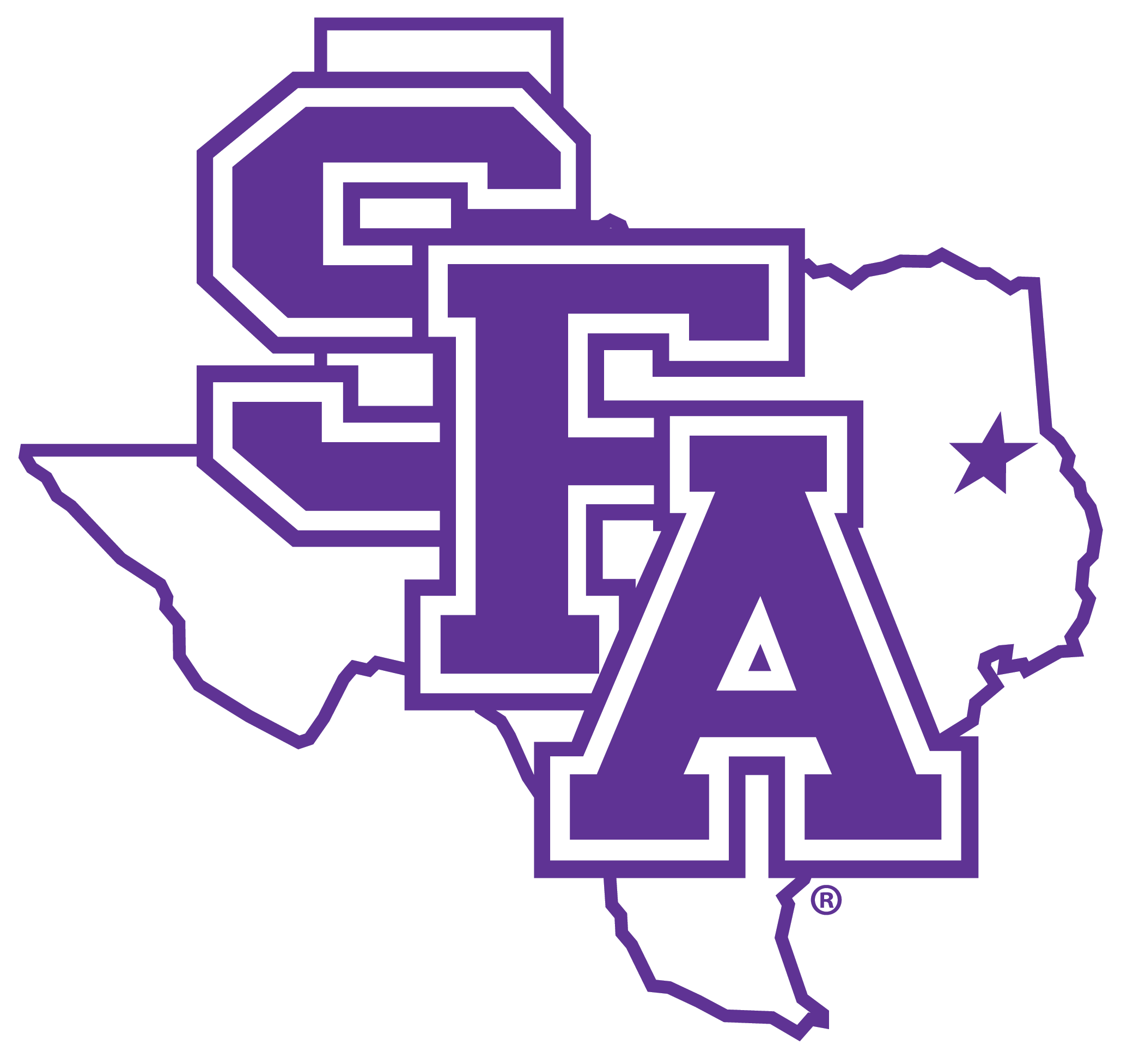Photographs, “Jack Johnson and his training partners”
Scope and Contents
There are a wide range of materials in the Hall Family Collection. In the personal and family correspondence there are court records, diary entries, holiday cards, letters, newspaper clippings, notebooks, notes, poetry, postcards, sympathy cards, and telegrams. The business records in the collection often consist of accounts, bills, ledger books, letters, memos, minutes, notes, promissory notes, receipts, and reports. Leisure and travel are most often documented with booklets, brochures, contact sheets, negatives, postcards, postcard books, photographs, photo albums, programs, or scrapbooks. Awards (certificates, medallions and plaques), breed standards, magazine articles, and photographs constitute most of the items in the collection that pertain to judging and showing dogs. Other formats researchers may find include artwork, books, maps, and stamps. Most of the materials in the Hall Family Collection range in date from the 1880s to the early 2000s.
Materials that researchers might find noteworthy include:
- Letters from the Attic, which consists of more than 5,000 documents written by Hall family members between the 1880s and the early 2000s. These were completely transcribed by Andrena Hall Brunotte into a 16-volume that is 3,300 pages long.
- Thousands of letters minutely illustrate the lives of three generations of the Hall family. The correspondence is predominantly about family and daily life, but also frequently touch on business, current events, and travel. The bulk of the letters are from the 1910s through the 1940s and actively refer to the social, economic and global events that shaped that consequential period of modern history.
- J. Thomas Hall’s correspondence as the Superintendent of the Indian school at Crow Creek (1902-1903) and his collection of photographs from the Standing Rock Indian Reservation (circa 1903).
- Local farm loan association mushroomed after the U. S. Congress passed legislation establishing the Farm Credit System in 1916 and created a Federal Land Bank in Houston. J. Thomas Hall was the secretary-treasurer of the Nacogdoches National Farm Loan Association. The collection has a minute and account book, correspondence, land records, loan documents, and other materials.
- Materials on progressive agriculture in East Texas, with a focus on tobacco. J. Thomas Hall was President of the Nacogdoches Tobacco Growers Association. He kept their membership records, correspondence with the Department of Agriculture, and his own tobacco farming documents.
- The diary Ross Mooring Hall kept for the first eight years of her son G. Martel Hall’s life. There are more than 700 entries, the majority of which are transcribed in Letters from the Attic.
- G. Martel Hall lived in China from 1919 to 1942 as a bank manager for the National City Bank of New York. He wrote more than 1,100 letters home to his parents in Nacogdoches about life in China, current events and family. Hall observed the defense of Wuhan firsthand from Hankou in 1938 and remained in China through 1941.
- G. Martel Hall was captured after Pearl Harbor, but escaped Japanese-occupied Beijing in 1942 and walked across China for 8 months with a Chinese army to his freedom and American lines in Chongqing. The collection has Hall’s 245-page diary of the escape experience, including his thoughts on meeting Mao Zedong and Zhou Enlai along the way. Historian Kenneth E. Shewmaker wrote in his 1971 book that he thought Hall was the most important “firsthand observer in the years from 1940 to 1944” of the Chinese Communists. Hall debriefed the Vice President of the United States Henry Wallace in Chongqing in 1943.
- The National City Bank of New York sent Hall to Saudi Arabia in 1945, where he wrote a series of reports on the economy and government, foreign affairs, regional stability, and prospects.
- Frances Winifred Hall’s work organizing United China Relief in Nacogdoches, 1941-1943.
- Frances Winifred Hall’s advocacy for animals as a co-founder of the Humane Society of Nacogdoches County and a long-time board member of the Humane Society of the United States.
- Records of Poodhall, an internationally known Nacogdoches-based kennel run by Frances Winifred Hall and Andrena Hall Brunotte. They raised world champion poodles.
Dates
- Event: Donated 11/2/2019
Conditions Governing Access
Open for research.
Extent
From the Collection: 53.0 Cubic Feet
Language of Materials
English
Repository Details
Part of the East Texas Research Center Repository
